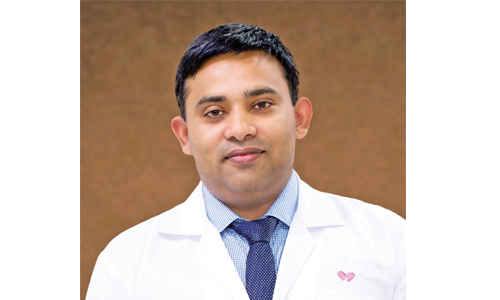How to overcome dental fear and anxiety
Having a little or even a lot of nervousness about dental visits is common. Some studies have concluded that up to 75% of people surveyed have at least a little fear about dental visits. In addition it appears that 10%-15% of people have a great deal of fear — so much so, that it prevents them from having any dental treatment at all. There are people who have frequent dreams about dental treatment. As a consequence these individuals who put off having dental treatment suffer for years with toothaches, infections and poor appearance. Dental fear is a problem that needs to be tackled head on however as our oral hygiene is incredibly important for our health.
People often use the words “anxiety” and “phobia” to mean the same thing, but they are different. Those with dental anxiety will have a sense of uneasiness when it’s time for their appointments.
They’ll have exaggerated or unfounded worries or fears. Dental phobia is a more serious condition. It’s an intense fear or dread. People with dental phobia aren’t merely anxious. They are terrified or panic stricken
Overcoming Mild Dental Anxiety
Mild dental anxiety is discomfort and nervousness at the dentist (as opposed to terror and panic). It can be treated in a number of ways.
Talking to your dentist
Talking to your dentist is the first step to overcoming your dental fears. Make sure your dentist understands your exact fears and work with them to make your appointment as relaxed as possible by taking breaks and letting them put you at ease.
Practicing breathing techniques
Controlled breathing relaxes your body and shifts your focus to other things in order to preoccupy your mind. This is fantastic when you are at the dentist as you can avoid a lot of discomfort and anxiety. The easiest breathing techniques simply involve inhaling and exhaling through your nose for a slow count of three - so three seconds breathing in followed by three seconds breathing out. This technique is particularly useful as it also overcomes the breathing issues many of us feel when things are in our mouth.
Using relaxation techniques
There are a number of relaxation techniques that may work for you. You could bring music into your appointment with you, ask to have your favourite radio station on or just have the nurse chatting to you about something. Different relaxation and distraction techniques work for different people so try and find something that will work well for you.
Overcoming Severe Dental Anxiety
Severe dental anxiety often cannot be treated by the steps above - though all of these techniques can and should be used to try and put you at ease.
When it comes to severe dental anxiety we are dealing more with a psychological phobia that is less due to nerves and more due to fears. We can potentially overcome severe dental anxiety in a few ways.
Counselling
You can receive counselling for your phobia. This will aim to look at the root causes of your phobia and will try to work through it so that you can move beyond it. Counselling is free on the NHS for severe phobias and helps hundreds of people.
Support Networks
Dental anxiety is very common and there are a wide number of support networks for people with these phobias.
Sedation
Though not a preferred treatment option for severe sufferers of dental anxiety, sedation may prove one of the best solutions to the problem, giving you a better chance of visiting the dentist again!
There are different types of sedation available. The simplest is oral sedation, which is a tablet that you swallow an hour before the start of dental treatment. You will still be awake and aware of what is happening around you, but you will be also drowsy and more relaxed.
If that isn’t enough, you could also opt for intravenous sedation. This is an injection which is often administered into the back of the hand. Again you will still be awake, however you will be in a deeply relaxed state and you may not remember what happened afterwards.
Imagine a relationship with your dentist where you feel you have the time you need to go at your own pace, the listening relationship that you need to feel safe, and the sense of control you need to reduce any automatic anxiety responses. It might take some faith in the beginning to realize that this is possible, but you really do have the opportunity to have a “Lifetime of Dental Health.”
For more information and consultation contact Dr Jaise Joy; BDS, MFDS RCSEd, with 16 years of experience in Dentistry, is currently at Middle East Medical Center-Hidd for past 2 years. If you need free and impartial dental advice please do not hesitate to contact Middle East medical Center - Hidd, 17464848.
Related Posts


